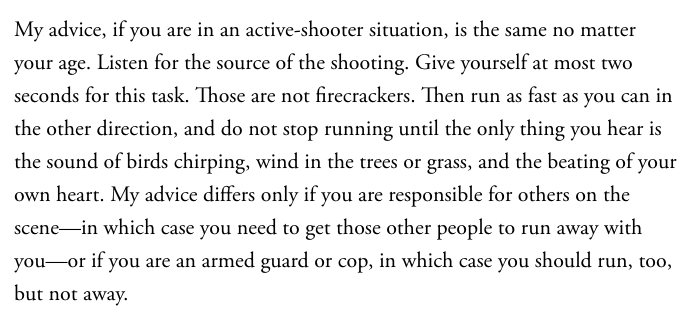
Welcome to Digitally Literate, issue #333.
I worked on some things behind the scenes this week.
- Towards Transdisciplinarity: Constructing Meaning Where Disciplines Intersect, Combine, and Shift – This research was accepted for publication. Some relatively small edits and revisions were made this week and we sent them back to the editors.
Please subscribe if you would like this newsletter to show up in your inbox. Reach out and say hello at hello@digitallyliterate.net.

We WILL Fix Climate Change!
While scientists, activists and much of the younger generation urge action, most politicians are not committed to doing anything meaningful while the fossil fuel industry still works actively against change. It seems humanity can’t overcome its greed and obsession with short-term profit and personal gain to save itself.
It’s an age of doom and hopelessness and giving up seems the only sensible thing to do. But that’s not true. You are not doomed. Humanity is not doomed.
Check the research here.

No parent should have to live like this
Once again, I’m writing about a mass shooting. Once again, this event has taken place in an American school. Once again, I’m thinking about my own experiences preparing for and dealing with active shooter situations. Once again I’m thinking about the trauma of my colleagues that have also had to deal with these situations as well.
The list of school shootings in the US is stupifying. We’re taking a longer look at the lawmakers that continue to profit from these killings. The truth is that efforts for gun control will quickly fade.
Where were the police?
Once again I’m trying to figure out how to explain this to my oldest child. The only thing that is different, is I need to remember the words used so I can explain it to our youngest.
Surveillance tech didn’t stop the Uvalde Massacre. Popular strategies to harden our schools and lock them down like prisons have not worked. Research suggests that there are several sensible ways to prevent school shootings.
There is a recent series of stories that are suggesting that police waited too long before confronting the shooter. Graeme Wood in The Atlantic suggests this is the wrong area of focus.

A quick guide to the most important AI law you’ve never heard of
The European Union is planning new legislation aimed at curbing the worst harms associated with artificial intelligence. The mother of all AI laws, called the AI Act, is hugely ambitious. Read the first draft here.
It would require extra checks for “high risk” uses of AI that have the most potential to harm people. This could include systems used for grading exams, recruiting employees, or helping judges make decisions about law and justice. The bill also includes bans on uses of AI deemed “unacceptable,” such as scoring people on the basis of their perceived trustworthiness. The bill would also restrict law enforcement agencies’ use of facial recognition in public places.
Is Online Presence a Turnoff?
The internet can be toxic or unproductive. But in its better forms, it’s an interest like any other—one that can become a keystone of a world that partners build together.
Very interesting look at “relational culture”, or the shared reality that exists between partners in a relationship, allowing them to operate as a coordinated unit.

The internet can feed people’s egos—or draw them into unproductive conversations, or even lead them to hate. But in its better forms, it’s an interest like any other—one that can become a keystone of a world that partners build together.
Cautionary Tales from Cryptoland
Wonderful interview with Molly White, a senior software engineer, free knowledge advocate, and Wikipedia editor. White created the website Web3 Is Going Just Great, a time line that tracks scams, hacks, rug pulls, collapses, shady dealings, and other examples of problems with Web3. Do yourself a favor and click through to White’s two websites.
The interview covers Web3, how blockchain could make internet harassment much worse, and why the whole project might be “an enormous grift that’s pouring lighter fluid on our already-smoldering planet.”

Positive thinking: Stop negative self-talk to reduce stress
Positive thinking doesn’t mean that you ignore life’s less pleasant situations. Positive thinking just means that you approach unpleasantness in a more positive and productive way. You think the best is going to happen, not the worst.
Here are some ways to think and behave in a more positive and optimistic way.
- Identify areas to change
- Check yourself
- Be open to humor
- Follow a healthy lifestyle
- Surround yourself with positive people
- Practice positive self-talk


Hope is being able to see that there is light despite all of the darkness.
Desmond Tutu

Kim Stanley Robinson having a chat with Cory Doctorow? Yes please! They chat about climate change, the moral necessity of hope, and helping kids feel deeply connected to the natural world.
Say hey at hello@digitallyliterate.net or on the social network of your choice.
